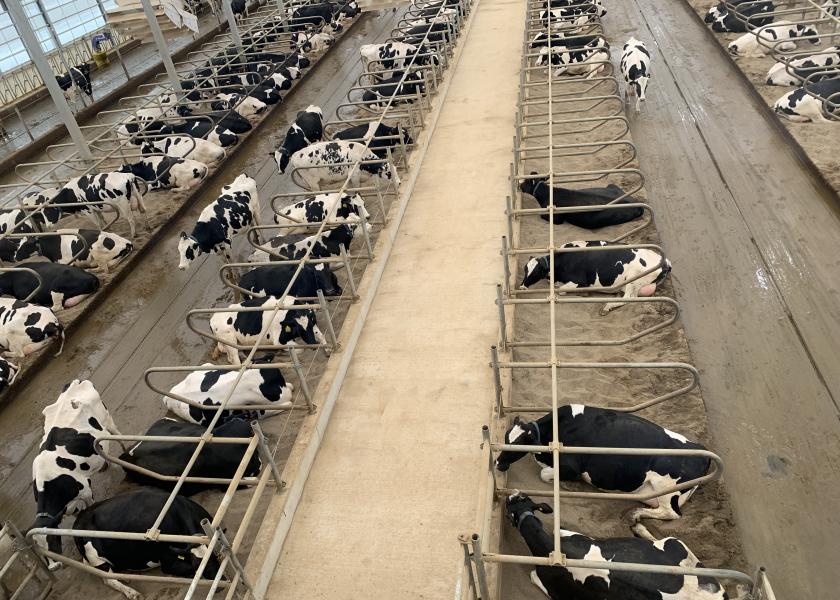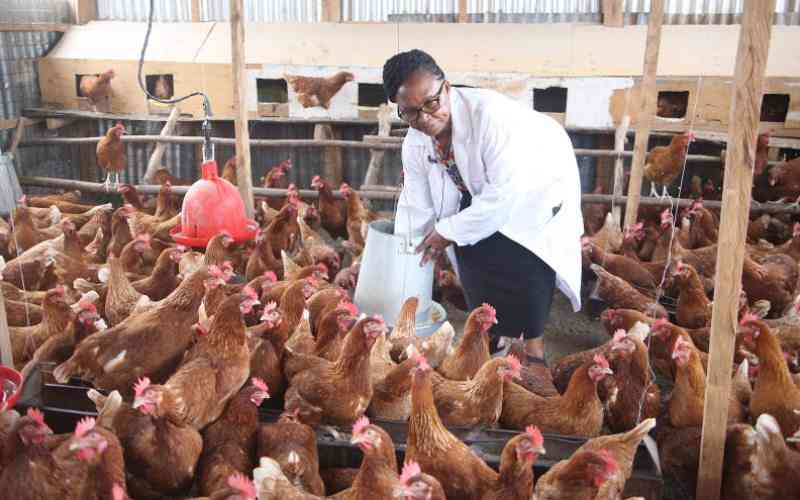
Farm Biosecurity: Importance in Malaysia
Malaysia’s agriculture sector is vital to the country, as it provides food security while also contributing to its economic growth. As with any nation, Malaysia faces many challenges when it comes to protecting its agricultural resources. Farm biosecurity is a vital aspect of sustainable agriculture, with a focus on controlling and preventing the spread of diseases and pests. This article explores the importance of farm biosecurity and its role to ensure the resilience and success of Malaysia’s agriculture industry.
A farm biosecurity is a collection of practices that are implemented in order to protect agricultural enterprises against the spread and introduction of biological agents harmful to them. The agents include a variety of pests and diseases as well as invasive species. Farm biosecurity aims to reduce the impact of these agents if they are allowed into farms. It involves establishing strict protocols that restrict the movements of animals, people and equipment on the farm and outside, dispose of all waste properly and implement comprehensive hygiene measures. Farm biosecurity can help farmers reduce disease outbreaks, protect crops and livestock and prevent potential destruction.
Malaysia is vulnerable to many agricultural threats due to its geographical position and climate conditions. Invasive species and outbreaks of disease can severely impact the country’s agriculture and its trade. The movement of people and goods across borders is increasing as agriculture evolves. This increases the risk of new diseases and pests being introduced. To prevent and manage these threats, it is important to emphasize farm biosecurity. By implementing biosecurity measures, Malaysia can strengthen its agricultural resilience and reduce the reliance on pesticides and other chemical interventions, promoting sustainable and environmentally-friendly practices.
The management of disease outbreaks is one of the biggest challenges to farm biosecurity. If diseases are not identified and controlled quickly, they can spread rapidly among livestock or crops. In recent years Malaysia experienced significant outbreaks of Foot-and-Mouth Disease and Avian Influenza in livestock. In order to address this issue, government officials and agricultural authorities closely work with farmers in monitoring and reporting any abnormal signs of disease. To protect and minimize the spread and impact of disease in the agricultural sector, it is essential that rapid response and containment strategy are implemented.

The threat of invasive species to Malaysia’s agricultural and biodiversity productivity is serious. They can disrupt delicate ecosystems, causing environmental imbalances. Invasive pests in agriculture can destroy crops and cause substantial losses to farmers. In order to combat this danger, it is necessary to implement strict border controls in order prevent unintentional introductions of invasive species. Public awareness campaigns are also crucial in teaching citizens the risks of releasing non native species into nature and how important it is to report any suspected invasive species. For more information please visit here https://sunzencorp.com/
To address biosecurity issues, it is necessary to collaborate with various parties, such as government agencies, farmers and researchers. The government should concentrate on training farmers and providing resources, while also promoting biosecurity best practices and developing innovative solutions. Research institutions can contribute by studying potential threats and developing early detection methods, while also exploring environmentally-friendly pest and disease management strategies. Public participation in the reporting of potential biosecurity threats is also vital to ensure timely response.